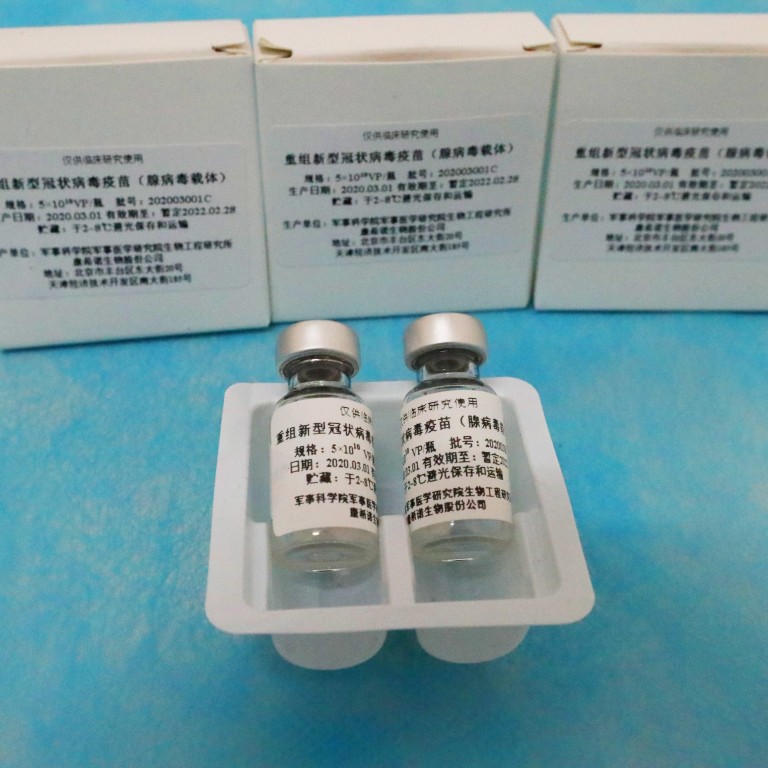
Do Chinese Covid-19 vaccines work, and which countries will get them?
- As four vaccines from China undergo human trials, trust and cost issues threaten their widespread supply
- China has promised to meet certain countries’ needs, but ‘vaccine nationalism’ and hostilities with the US may complicate matters
If Chinese vaccines are safe and effective, how many can be made?
Uncertainties remain, but Chinese officials are optimistic that the first batch of Covid-19 vaccines will be ready for the general public as early as November or December.
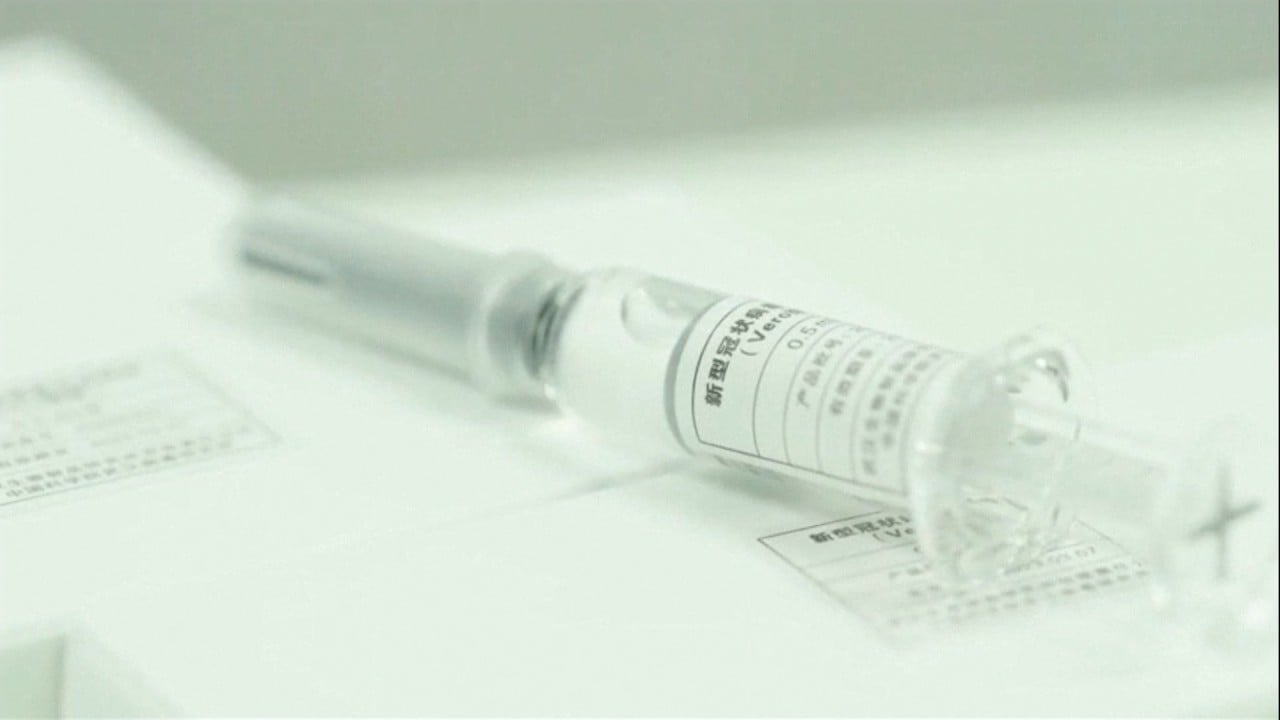
01:39
China prepares for coronavirus vaccine mass production though clinical trials are not yet complete
According to the National Health Commission (NHC), the country’s annual capacity for production of Covid-19 vaccines will reach 610 million doses by the end of this year, and is expected to increase to 1 billion doses next year. China’s population is estimated at about 1.4 billion.
What do we know about the safety and efficacy of Chinese vaccines?
Although health experts are pressing for transparency as countries race to develop vaccines under political pressure, little has been revealed to the public about the research methodology and trial protocols of the Chinese companies.
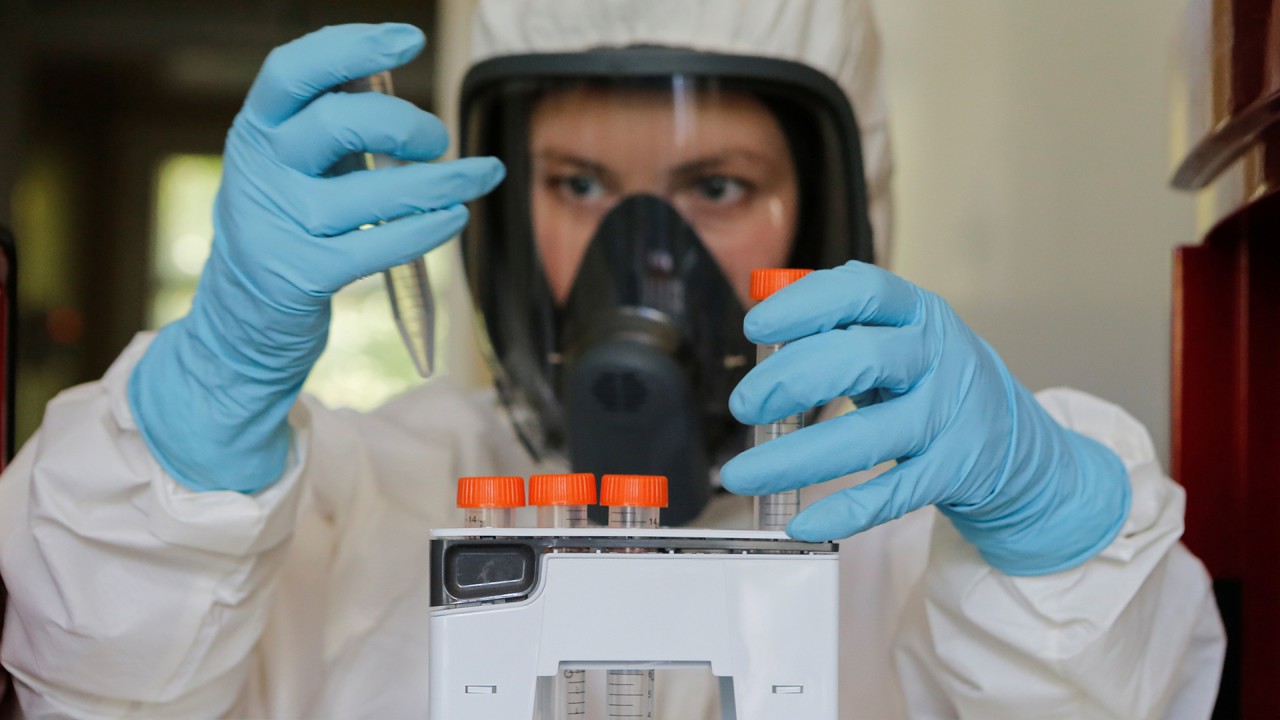
02:03
Russia approves ‘world’s first’ Covid-19 vaccine, President Vladimir Putin says
China has been administering a domestically produced Covid-19 vaccine candidate to selected groups of workers, including medical staff and border inspection officials, since July. None of those who initially received a dose reported a fever and none had any serious adverse reactions, while preliminary results suggested the protection was effective, according to the NHC.
What will the vaccines cost?
It was not clear whether Zhang was referring to the retail or wholesale price, but the figure is still the highest so far quoted for a vaccine candidate. Pharmaceutical giants AstraZeneca and Johnson & Johnson have cited lower prices for their vaccine candidates, heavily supported by the US and British governments.
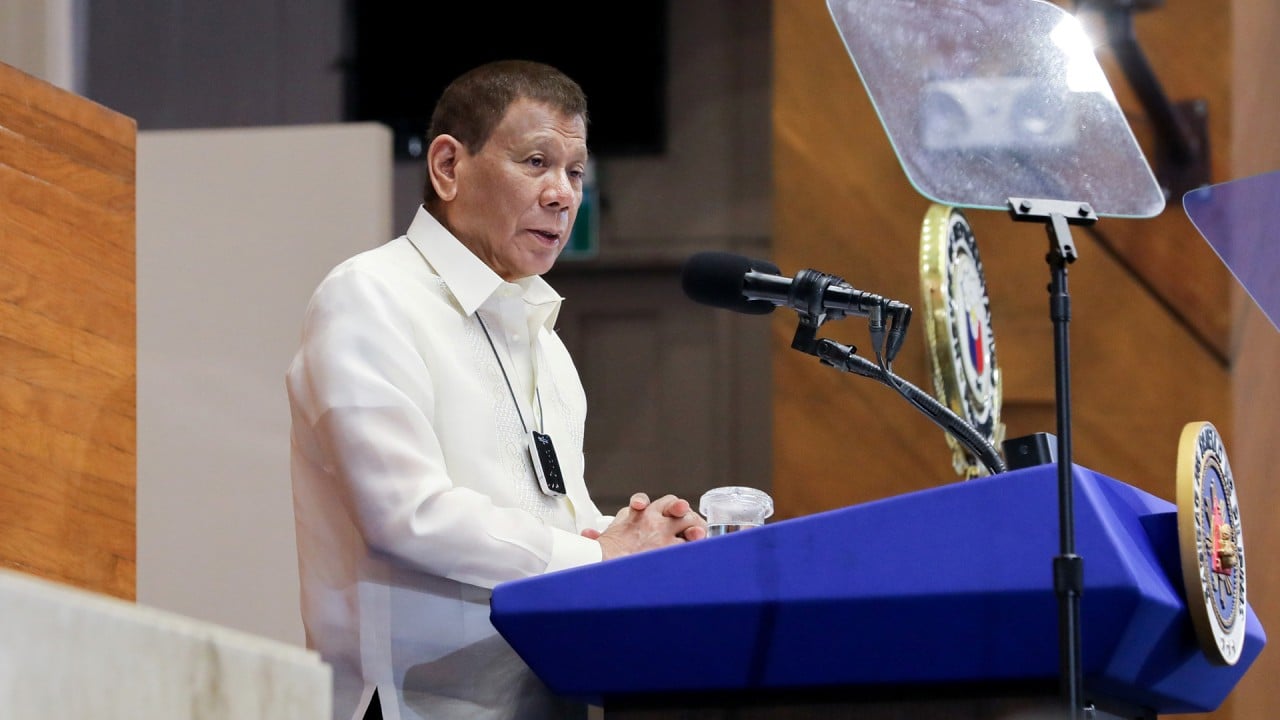
03:09
Duterte tells Philippines he asked China for coronavirus vaccine, diplomacy in maritime dispute
Other developers including Moderna, Pfizer and Merck have said that they expect a profit from their products.
The Chinese government will set price guidance based on cost and subject to adjustment, with the aim of making vaccines affordable for the public. There is a disparity between urban and rural incomes: China’s average annual disposable income in urban areas last year was 42,000 yuan (US$6,150), while in rural areas it was 16,000 yuan. It is not known whether the Chinese government will pay wholly or partly for vaccinating people.
Not everyone in China will need to get vaccinated against Covid-19, according to Gao Fu, director of the Chinese Center for Disease Control and Prevention (CDC), suggesting the government has no plan for universal vaccination as yet. The NHC has said vaccination would start with high-risk groups including border agents and medical workers as well as the elderly, pregnant women and children.
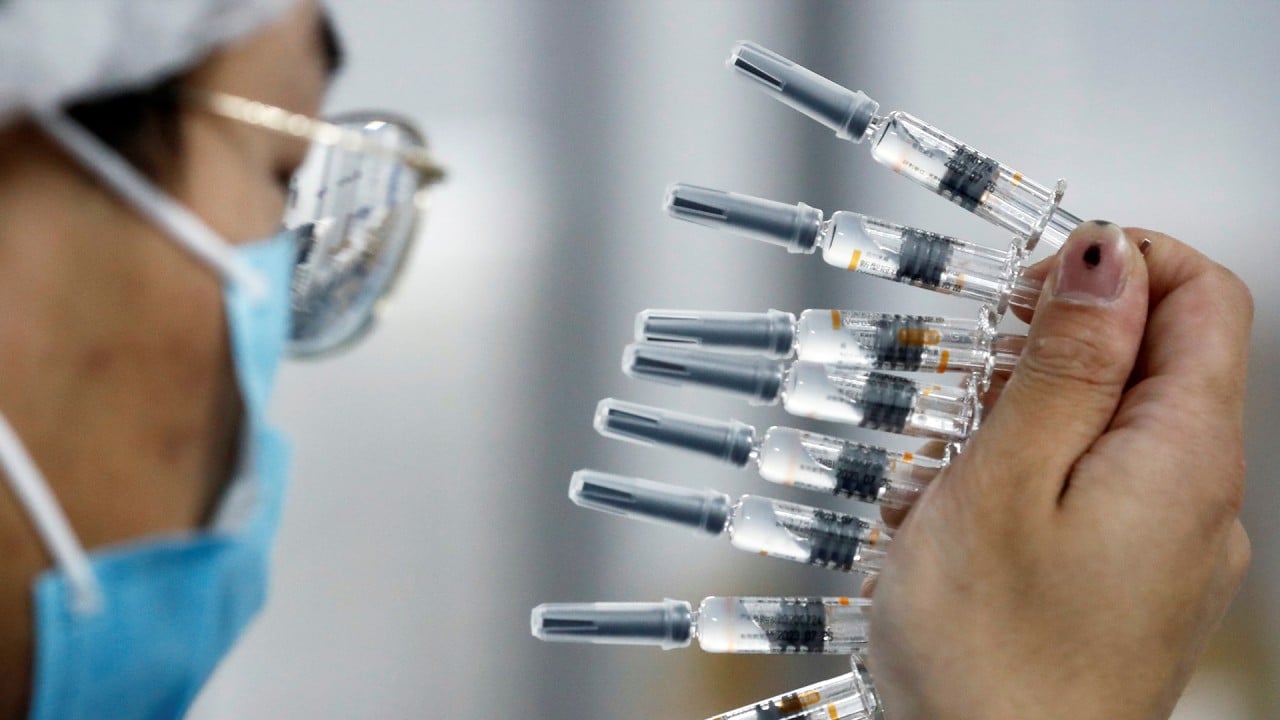
02:40
If China’s coronavirus vaccines work, which countries will get them and for how much?
Which countries could get Chinese vaccines?
Along with the United States and Russia, China is conspicuously absent from the list of 156 countries the WHO last Monday said were involved in Covax – a WHO programme to ensure fair access to Covid-19 vaccines.
From Asia to Africa, vaccines have formed part of a charm offensive by China to repair strained ties and bolster engagement.
Why China has left its options open for WHO’s global vaccine plan
Chinese President Xi Jinping told the World Health Assembly at its virtual gathering in May that his country’s Covid-19 vaccines, when available, would be treated as a “global public good”. China has vowed that African countries would be among the first to benefit from an approved vaccine.
It has also said priority would be given to Mekong River countries – Cambodia, Laos, Myanmar, Thailand and Vietnam – and promised the Philippines would be given quick access, while Latin American and Caribbean nations would receive US$1 billion in loans to buy the vaccines.
What is ‘vaccine diplomacy’?
“China is conducting ‘vaccine diplomacy’ by making promises to many countries in the developing world,” said Huang Yanzhong, a senior fellow for global health at the Council on Foreign Relations, a New York think tank.
“However, it remains to be seen whether China will work with the US if its vaccine proves effective. Lack of trust between the two is hindering cooperation in public health.”
The chief executive of Sinovac, Yin Weidong, has said the company will apply to the US Food and Drug Administration to sell its vaccine in the US if it passes its phase 3 trials. “Our goal is to provide the vaccine to the world, including the US, European Union and others,” Yin was quoted by Associated Press as saying.
Will China and the US cooperate on vaccines?
In July, the US’ top infectious diseases official Anthony Fauci said it was unlikely the US would use vaccines developed by China or Russia, given their regulatory systems were far more opaque than those in the West.
“Each will prioritise itself,” Steve Tsang, director of the China Institute at SOAS University of London, said regarding US-Chinese cooperation. “The most effective way to eradicate the virus is not at the top of the political agenda of any country.”
Xi’s priority is to retain support in China by ensuring the coronavirus does not wreak further havoc there, Tsang said.
Is ‘vaccine nationalism’ a major problem?
Some governments have signed agreements with pharmaceutical manufacturers to supply vaccines to them ahead of other countries.
Chinese firm signs deal to get access to Oxford coronavirus vaccine
The Covax initiative, meanwhile, encourages countries to sign up to a deal to make 2 billion doses of vaccines available to poorer countries by the end of 2021.
A small number of wealthy nations representing only 13 per cent of the global population between them have already bought over 51 per cent of the expected vaccine stocks, according to an Oxfam study released last week. China, Brazil, India, Indonesia and Bangladesh – some of the world’s most populous countries – were among the countries competing for the remaining 2.8 billion expected doses.
Jonathan Moreno, a professor of medical ethics and health policy at the University of Pennsylvania, said: “Imagine that instead of a virus that originated on Earth, an alien civilisation had dropped it. The whole world would be united against a common enemy. Instead we’re scrapping among ourselves.”

